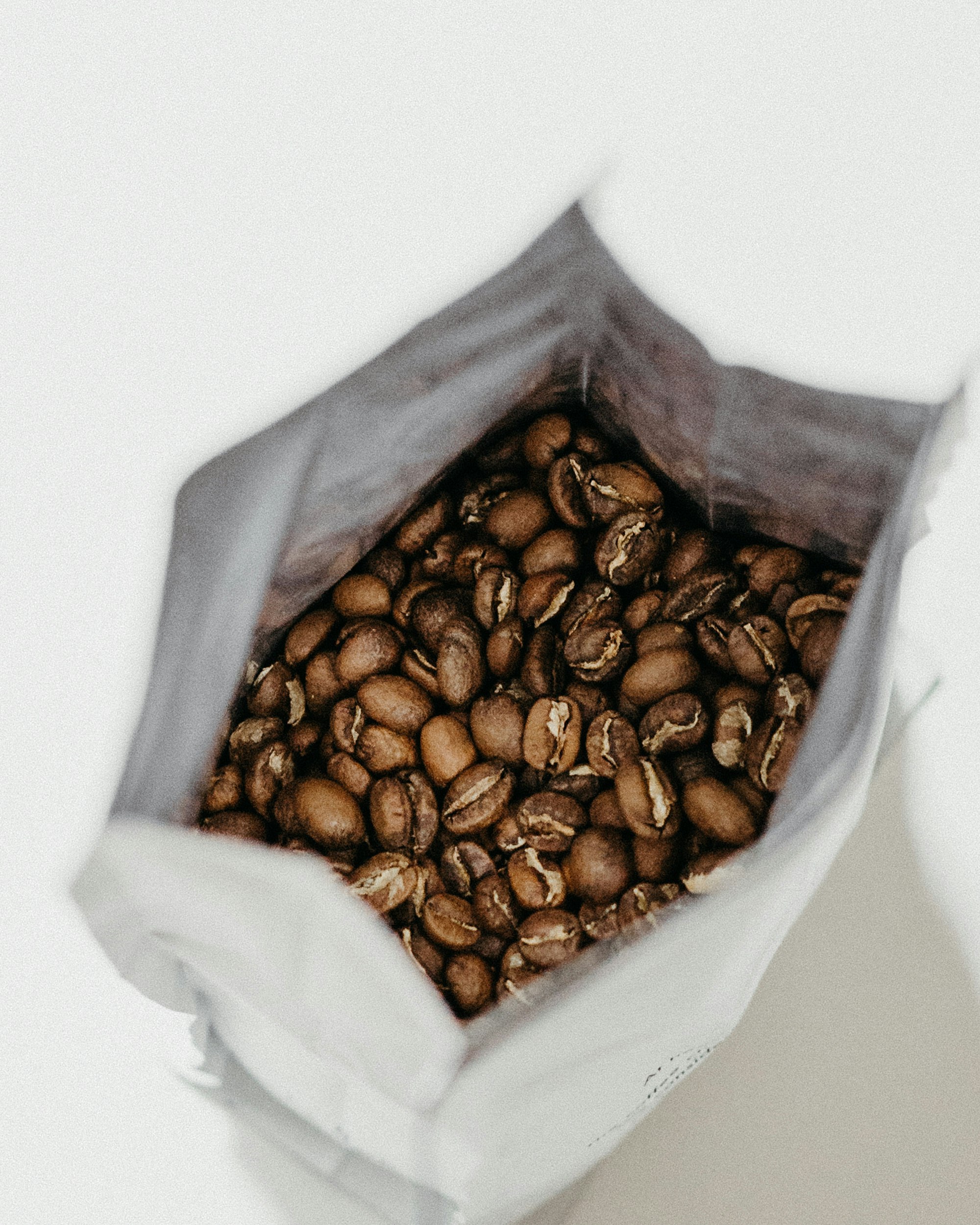Ahead of the game – Monmouth’s reusable cup initiative
A cleaner way of enjoying a cup of coffee | By Ed Watts

The start of 2023 saw the Government announce that all takeaways, cafes, and restaurants in England will be banned from using single-use tableware from this October onwards. However, some businesses in London are ahead of the game.
Monmouth Coffee Company, which has shops in Borough, Bermondsey and Covent Garden, took the decision to offer reusable cups as its only takeaway option in March 2022.
In partnership with E-Coffee Cup, the company provides their reusable cups for an additional £5 deposit. After drinking your latte, you return your cup for the refund of your £5. This can be any time afterwards. As well as this, you can sip from ceramics to stay or use your own reusable cup to go.
Why reusable cups?
The impact of one disposable takeaway coffee cup may seem minor, but the global impact of millions every day is huge. Around 2.5 billion coffee cups end up in landfill every year. These paper cups may seem harmless, but they are lined with polyethylene - a plastic barrier allowing the cup to hold the hot liquid. Separating these materials is a tough task, meaning many cups are almost impossible to recycle. Even eco-friendly compostable cups require years to decompose.
Monmouth Coffee Company’s reusable cups are made from wood fibre, starch, and resin. Accompanying are their Lids, bands and stoppers made from silicone. The brand estimates it prevents half a million single use cups and lids going to landfill every year. Proud of their decisions, Monmouth informed us that the legislative environment isn’t much of a motivator when focusing on sustainability.
Spokesperson Will told me: “We’re guided more by trying to balance the tensions that arise between what we feel is the best thing to do and the inevitable circumstantial restraints that we encounter.”
Monmouth’s wonderful scheme is not risk free. Unfortunately, some customers may decline the £5 deposit and walk out. The company also is likely to have additional costs associated with sourcing, processing and washing the cups, threatening its profit margins. Factoring that these reusable cups are pricier than your average disposable, highlights the commendable, generous act Monmouth Coffee Company are undertaking.
Will added: “We really felt it was the best thing for us to do. Nevertheless, we are keenly aware that each individual business has its own set of considerations that it will need to assess.”
Many businesses may well struggle to adapt to the single-use plastics ban, as financial pressures will arise on materials and product fees including compostable packaging. Many similar businesses are concerned about their ability to adapt to new rules on waste, including the increased costs of new packaging, but Monmouth believes experimentation is key. The company implemented reusable coffee cups, after trialling them a month before introducing the scheme. Now, look where they are!
Customers outside Monmouth’s shop opposite Borough were impressed by the company’s actions, but disappointed by the pace of government policy. “Monmouth’s scheme is fantastic, but why we have to depend on businesses providing us this is saddening,” shop-owner Pip said.
According to Greenmatch, we use 16 billion paper cups for coffee every year. Our precious paper cups equate to 6.5 million trees being cut down, which equals to power 54,000 homes with energy. The government insists it’s committed to reducing waste. Environment minister Rebecca Pow told The Guardian that her department is “pressing ahead” with a deposit-return scheme for drinks containers. But many businesses – including Monmouth Coffee – are already well ahead.
Ed Watts is a journalism student at the London College of Communication, UAL.

